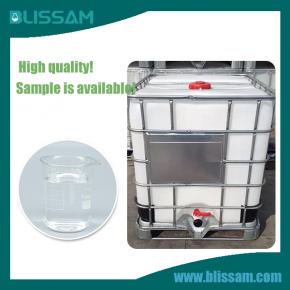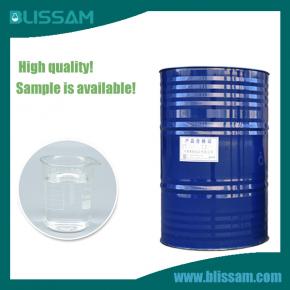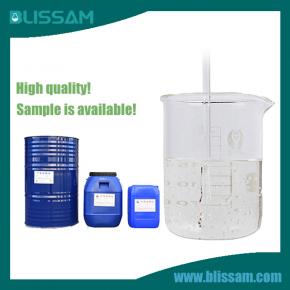Silicone resin is a type of resin that has gained popularity in various industries due to its unique properties and advantages over other types of resin. One of the most notable properties of silicone resin is its high temperature resistance. In this article, we will discuss how the temperature resistance of silicone resin compares to other types of resin and why it is considered to be a superior material in high-temperature applications.

Firstly, it is important to understand what resin is and the different types available. Resin is a viscous liquid that has the ability to harden into a solid when exposed to certain conditions, such as heat or UV light. Resin is commonly used in various industries, including construction, electronics, automotive, and aerospace, to name a few. There are several types of resin available, including epoxy, polyester, polyurethane, and silicone. Epoxy resin is a popular choice due to its strong adhesion and high strength. It is commonly used in adhesives, coatings, and composites. However, epoxy resin has a relatively low temperature resistance compared to silicone resin. It can withstand temperatures up to 150°C, but at higher temperatures, it starts to degrade and lose its strength. Polyester resin, on the other hand, is known for its strong chemical resistance and low cost. It is widely used in the manufacturing of boat hulls, pipes, and tanks. However, it has a low glass transition temperature (Tg) of around 70°C, which means it can only withstand relatively low temperatures before it starts to soften and deform. Polyurethane resin is a versatile material that has excellent flexibility and impact resistance. It is used in a variety of applications, including coatings, sealants, and elastomers. Its temperature resistance is higher than that of epoxy and polyester resin, with a Tg of around 120°C. However, it still falls short compared to silicone resin. Silicone resin, also known as silicone rubber, is a popular material choice for high-temperature applications. Unlike other types of resin, silicone resin is made up of a chain of alternating silicon and oxygen atoms, which gives it unique properties. One of its most significant advantages is its high temperature resistance, with a Tg of around 250°C. It can even withstand brief exposure to temperatures up to 300°C without undergoing any significant changes in its physical and mechanical properties. So, what makes silicone resin so resistant to high temperatures? Firstly, its unique chemical structure plays a significant role. The silicon-oxygen bonds are highly stable, making them resistant to thermal degradation. Additionally, silicone resin has a low coefficient of thermal expansion, which means it can withstand rapid temperature changes without cracking or deforming.

Moreover, silicone resin can withstand a wide temperature range without losing its properties, making it suitable for both low and high-temperature applications. In contrast, other types of resin have a limited temperature range in which they can function effectively. For example, epoxy resin starts to become brittle at low temperatures, and polyurethane resin loses its strength at high temperatures. In addition to its high temperature resistance, silicone resin also offers excellent electrical insulation and weather resistance. It is highly resistant to UV light, ozone, and other environmental factors, making it an ideal choice for outdoor applications. These properties make silicone resin suitable for use in the aerospace, automotive, and electronics industries, where components are exposed to extreme temperatures and harsh environments. Furthermore, the processing and application of silicone resin are relatively simple. It can be easily molded into different shapes and forms, and it can also be mixed with various fillers and additives to enhance its properties. This versatility and ease of use make it a preferred choice for manufacturers who require high-temperature resistant materials.

the temperature resistance of silicone resin is significantly higher than other types of resin. Its unique chemical structure, low coefficient of thermal expansion, and wide temperature range make it a superior material for high-temperature applications. Its excellent electrical insulation and weather resistance further add to its advantages over other resins. As industries continue to demand high-performance materials, silicone resin is expected to remain a popular choice due to its exceptional temperature resistance and other beneficial properties.
Contact:
Phone: +86-15957191858
E-mail: info@blissam.com
Whatsapp:+8615957191858
Add: A647, No. 9, Xiyuan Road, Xihu District, Hangzhou, Zhejiang, China
We chat
